Causes of Beef Food Posioning in Humans
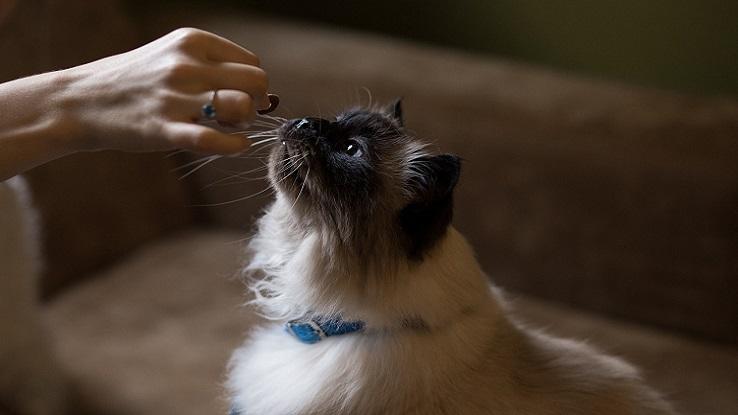
You love your cat like it's one of your own children. It follows you around, sleeps at the foot of your bed, keeps you company when you're sad — and sticks its furry little face into everything you do, including your dinner plate if you're not careful.
It's hard to resist that adorable face, but you could be putting your beloved feline in danger if you share your snacks without knowing what you're doing. Before passing the yogurt to Whiskers, read up on the foods you can and cannot give to your cat.
Milk: No
The image of a cat lapping up milk is something of a trope in popular media. Popular imagery or not, milk is actually not a great thing to give to a feline. Kittens reap nutritional benefits from their mother's milk as babies, but cow's milk doesn't provide anything helpful in a cat's diet and could do some real damage.
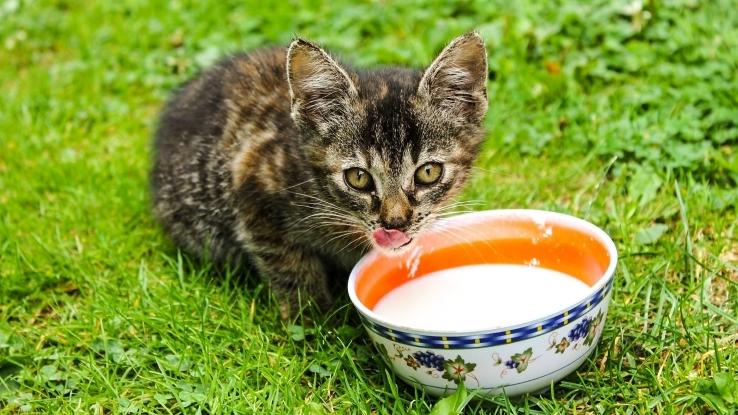
According to VetStreet, most cats — and mammals in general — have a certain degree of lactose intolerance. That means your pet could actually get sick from ingesting the white stuff. If your kitty hurls or seems lethargic after polishing off the leftover milk in your cereal bowl, now you know why.
Yogurt: Sometimes
Wait, aren't cats lactose intolerant? Well, yes, but the good thing about yogurt is that it contains natural bacteria that helps break down the lactose. That means small amounts of yogurt probably won't make your cat sick, especially while they're still growing into adulthood.
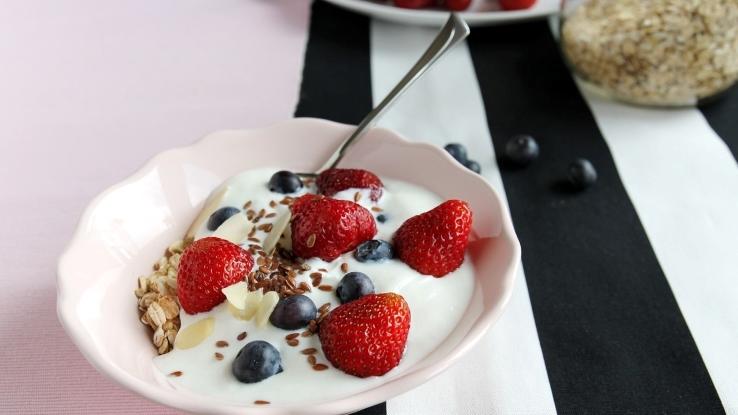
The important thing to note, however, is that sugar is most definitely a no-no for cats. Lots of yogurts have sugar in them, so you shouldn't share anything besides the plain variety. Make sure you double-check the ingredients before sharing. If it contains any sweeteners, glucose or syrups, don't share it. Steer clear of yogurts with fruit mixtures as well.
Coffee: No
While humans seem to be addicted to it, coffee could prove fatal for a cat. In general, caffeine can cause heart problems for cats, so that means tea and soda go on the no-no list too. Eating a tea bag or getting into coffee grounds could lead to vomiting, seizures or even death.
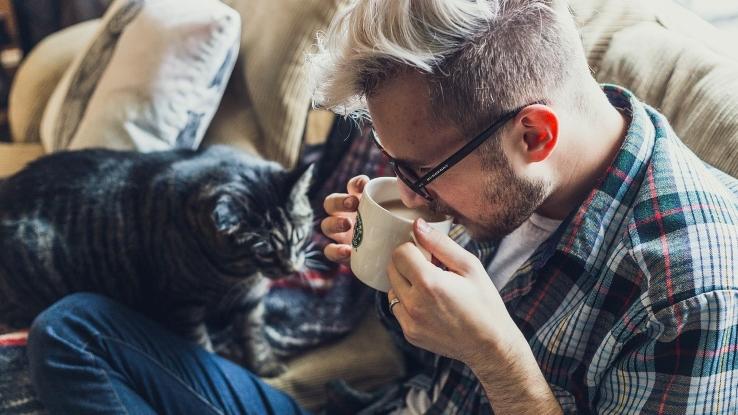
If your cat sneaks some sips of coffee out of your mug while your back is turned, it probably won't be a problem, but be diligent and try to keep caffeine drinks out of reach. If you think your cat may have consumed a significant amount of caffeine, take it to the vet right away. Cats are hyper enough without a venti latte — and potential heart problems.
Chocolate: No
You've probably heard how bad chocolate is for dogs, but it's just as bad for cats! Dogs tend to actively seek out chocolate when you have it, while your cat might seem uninterested. That's because dogs can taste the sweet goodness of chocolate, and cats can't, but that doesn't mean they won't try to eat it.
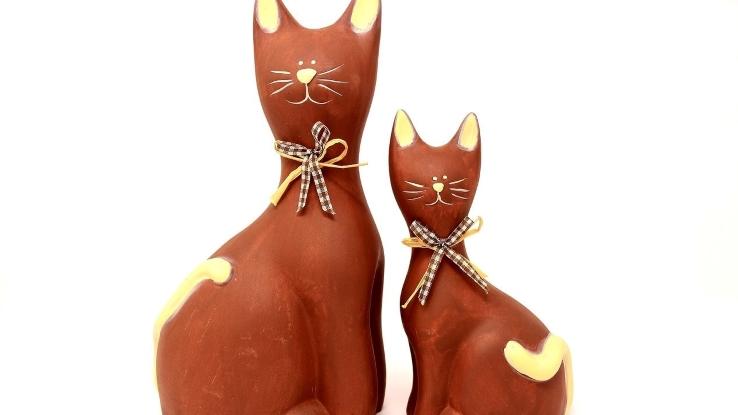
The ingredient that makes chocolate so poisonous is theobromine. It's also what gives chocolate its bitter flavor. Since cats don't generally go for chocolate, you probably won't have to worry about this one, but it's good to keep an eye on your plate of chocolate cake.
Blueberries: Yes
Not all cats will eat fruit, but blueberries are a good option for those that do. The antioxidants in this berry can improve digestive problems in cats, and the fiber and water content are also good for their health. Sure, it's not a cat superfood like it is for humans, as Purina explains, but it won't hurt.
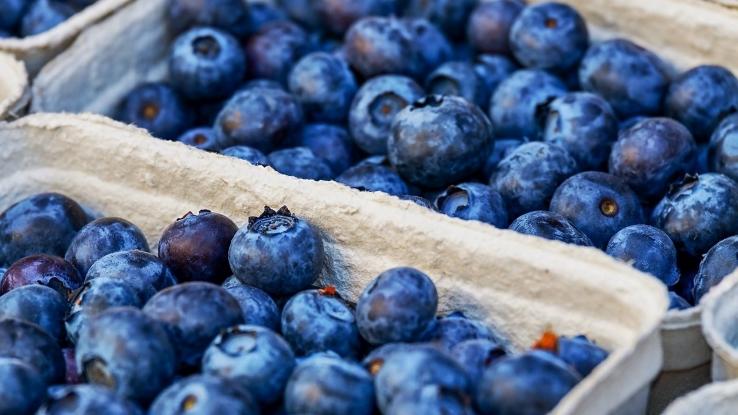
In fact, many cat foods have blueberry powder in them. Try cutting blueberries open or smashing them into a paste if your cat doesn't bite at first. Usually, a curious kitty will at least give it a go if it's put in front of them.
Bananas: Yes
Another fruit that is okay for your cat to eat is the wonderful yellow banana. Bananas have lots of potassium that is good for you and good for your feline if they happen to like the mushy texture. As with every human food, however, bananas should only be consumed by cats in small portions.
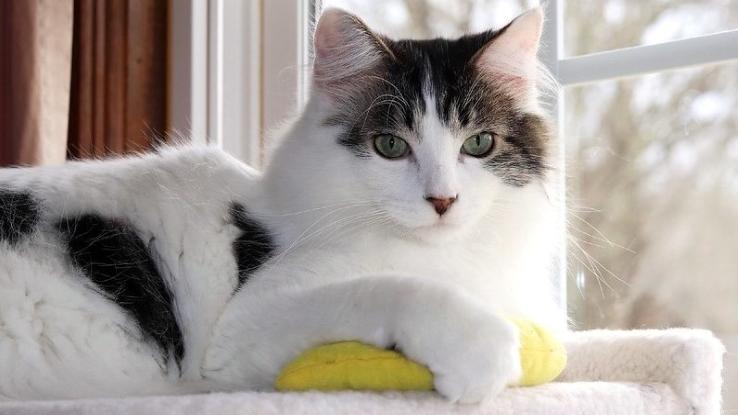
Bananas also include high levels of carbohydrates, which a cat doesn't need in their diet. As for the potassium, Pet Central points out that there are better ways to incorporate it into your cat's diet, including as part of a balanced raw meat diet. On top of that, cats don't usually care for bananas, but if curiosity leads to a bite, it won't hurt. Just don't expect Whiskers to chow down on it regularly.
Apricots: No
Although we just established that a little bit of fruit is okay for cats to eat, apricots should be crossed off that list. The fruit of the apricot isn't bad for kitties, but the apricot pit is toxic. It contains the chemical cyanide, which is a well-known poison that's also dangerous for humans, but you're smart enough to not eat or play with the pits.
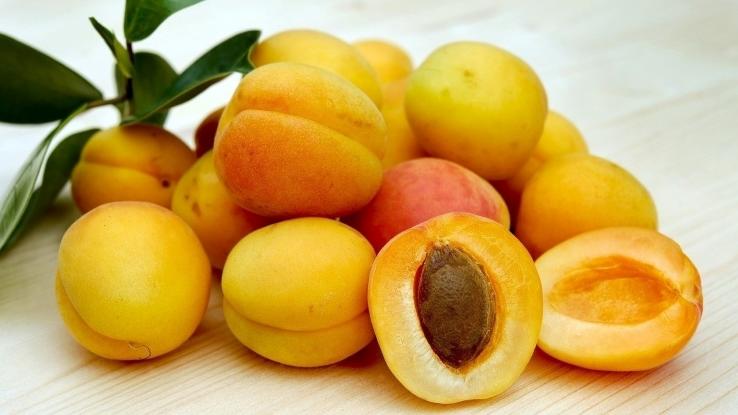
The risk of a cat chewing on or swallowing a piece of the pit is enough to keep the fruit off the list of approved snacks. Go ahead and add cherries and peaches to the dangerous fruit pile as well. Those pits are also toxic for cats.
Chicken: Yes!
Chicken is possibly the best "human food" you can give your cat. The protein provided by this poultry is great for kitty's diet, and you will be hugely popular for sharing. It's not surprising if your cat follows you into the kitchen to beg every time you go to make yourself a chicken sandwich. Meat sends their carnivore instincts into overdrive.
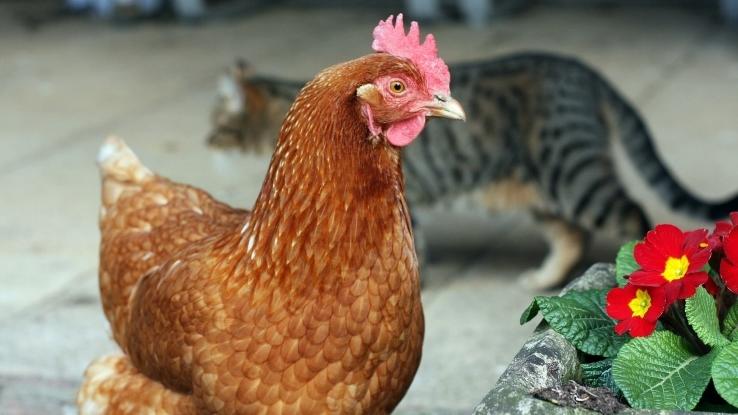
Just make sure the chicken is fully cooked and that any fatty or greasy parts are removed, just as you would before eating it yourself. As with everything, don't go overboard. Cats are relatively small creatures, so don't give them a whole plate of chicken for dinner. If you're interested in creating your own pet food, plenty of chicken-based recipes can help.
Eggs: Yes
Another protein-rich food you can feed your cat is eggs. In fact, eggs are so popular that many at-home cat food recipes include eggs along with chicken. So, the next time you whip up a plate of scrambled eggs in the morning, you can feel good about accidentally "dropping" some on the ground for Whiskers.
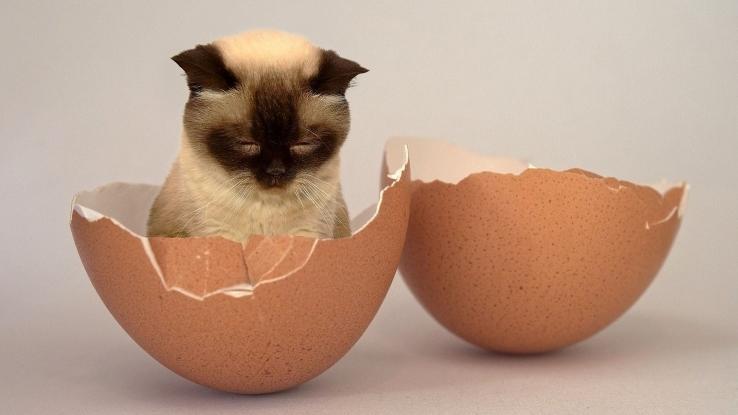
Cooked eggs are safer than raw eggs if you're going to give kitty a treat. Not only does cooking kill any potentially dangerous bacteria, but it also gets rid of the protein avidin, which can lead to dietary deficiencies. Boil or scramble the egg first, and then offer a piece to your pet.
Onions: No
Anything in the onion family, including garlic, should be avoided when it comes to feeding your cat. Onions contain toxins that cats are especially sensitive to, and even a small amount can cause serious problems. Raw or cooked, onions shouldn't be ingested by cats at all.
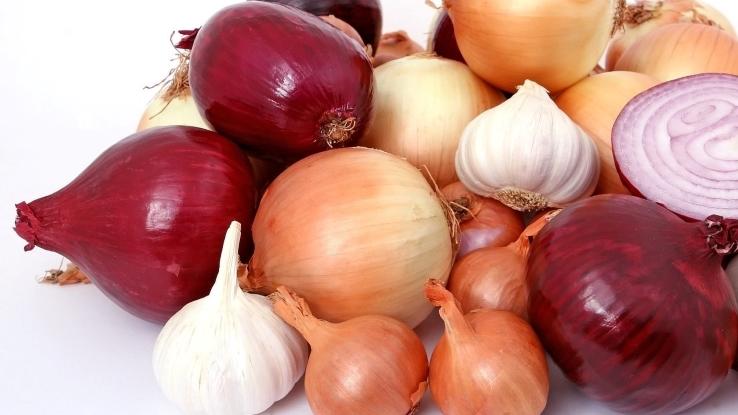
Onions can cause anemia in cats and lead to death, depending on the amount consumed. This is an important one to know because many processed foods contain onion powder, even if you don't realize it. Make sure you always read ingredients thoroughly before letting your cat eat anything that comes in a bag or a jar.
Bread: Yes
Toasting some bread in the morning? Cutting a slice for dinner? Bits of bread are okay to give your cat, and many cats are enthusiastic about eating the yummy treat. Just remember that breads containing garlic or onion are absolutely off limits for your pet.
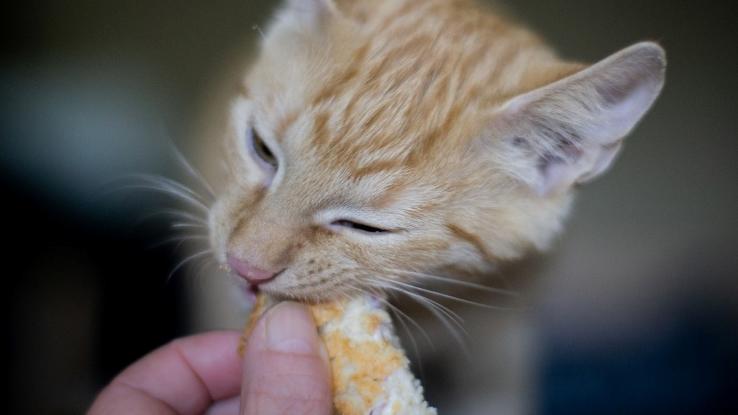
Be careful with raw dough as well. Uncooked bread dough could expand in a cat's stomach after eating, and the uncooked yeast could cause alcohol poisoning. If you're making a homemade loaf, wait until after it's out of the oven before pinching off a piece. Be sure to tear off that piece before slathering butter on top too, as butter isn't good for kitty.
Salt: No
Salt ranks as one of the top dangerous foods for cats. Small amounts that occur naturally in foods are okay, but you should never add more salt to anything you plan on giving your pet. Too much salt can lead to dehydration and sodium ion poisoning.
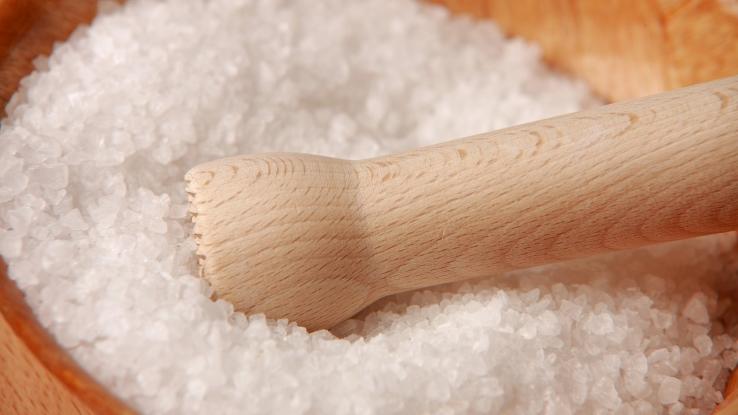
Unfortunately, cats sometimes consume salt despite your best precautions. Signs that your cat has eaten salt include vomiting, lethargy, thirst and seizures that could potentially end in coma or death. Should these symptoms appear, get to a veterinarian as soon as possible. If you already added salt to the chicken, it's too late! None for Whiskers.
Broccoli: Yes
Do you have a cat that just won't stop chewing on your house plants? Try feeding it steamed broccoli. You just might find this healthy vegetable helps quell their green cravings. Just like blueberries, broccoli has beneficial antioxidants that can make your pet a healthier animal in general.
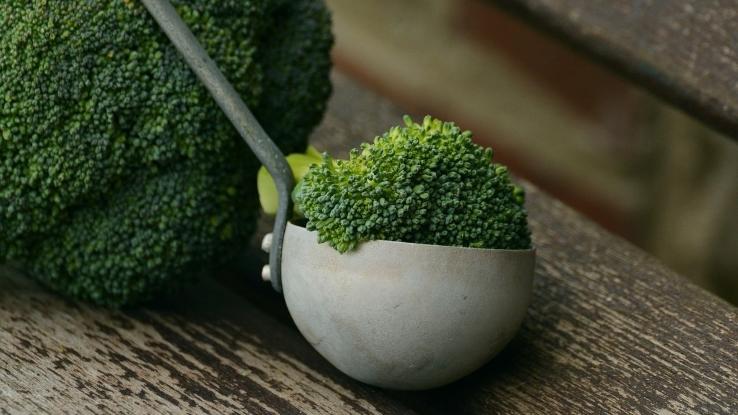
Again, stay away from the raw version of most foods. Raw broccoli is harder for a cat's stomach to break down. Also, make sure you give them a piece before coating it in oil or sprinkling it with salt. With some care, broccoli could become a healthy treat you can feel good about giving your cat.
Spinach: Yes*
When you think of healthy vegetables, you probably think of spinach (alongside broccoli, of course). As Catological explains, spinach can be good for cats as well as humans. It's chock-full of vitamins, minerals and fiber, all with a low calorie count. Don't forget the Omega-3 fatty acids as well.
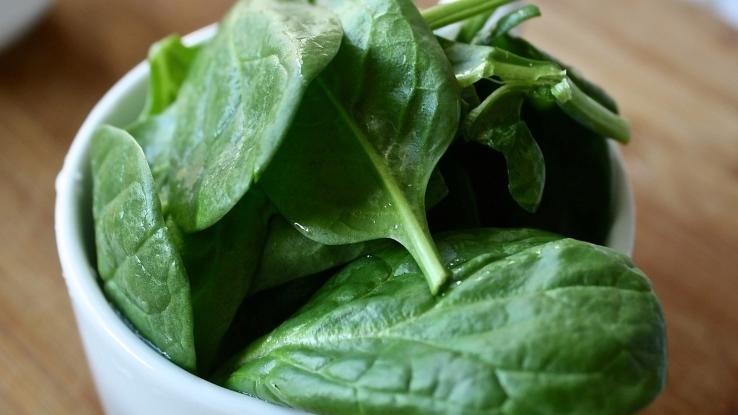
There's a big asterisk next to spinach, however, as it could prove damaging to certain cats. If your cat has ever had kidney problems or suffered from a urinary tract infection, do not give it spinach. It could cause the development of crystals in the urinary tract — and not the good kind.
Alcohol: No
I know what you're thinking. Who would ever give their cat alcohol? Although you may have never considered feeding beer to your feline, Whiskers could still ingest alcohol in other ways. As previously mentioned, yeast — like in uncooked bread dough — is one of the key ways cats can ingest alcohol.
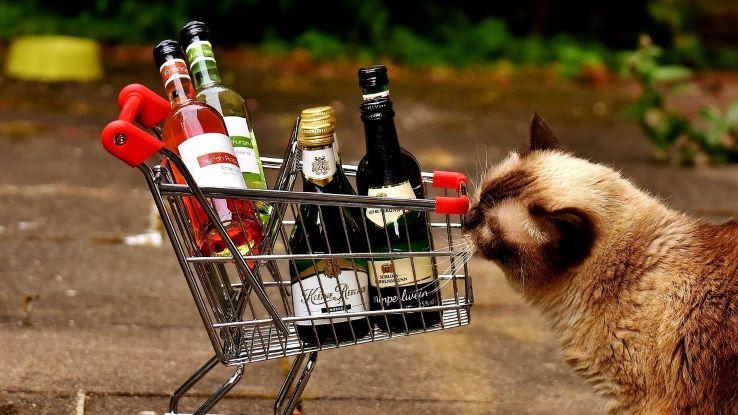
Other foods that contain booze, like rum cake or beer ice cream, could also send your cat into a coma or even lead to their death. This is why it's extremely important not to leave alcoholic substances in a place where your cat could get to them. After all, they are curious and resourceful creatures. (Curiosity killed the cat, remember?) Take precautions to make sure they don't get into something dangerous!
Cooked Fish: Yes
Most cats will lose their minds over a smelly can of tuna fish. They tend to love it. Similarly, if you've ever sauteed salmon or cooked up a trout you caught from the lake, you've probably had your furball meowing at your feet the entire time. The good news is that as a treat, fish is perfectly fine for your cat. In fact, it's good for them.
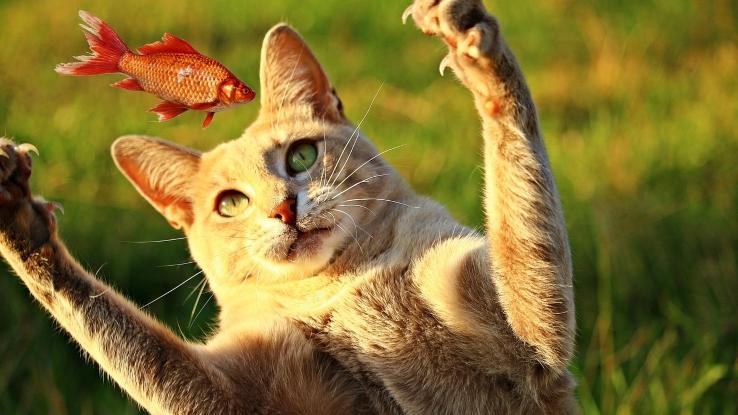
The thing to keep in mind is that fish is also often related to allergic reactions. Be sure to monitor how your cat reacts to eating fish and don't overdo the serving. A fish-dependent diet can lead to thiamine deficiency.
Nuts: No
Ever wondered if your cat can eat a few of the slivered almonds you snack on after work? Well, wonder no more, because they can't. Nuts have high fat content, and cats' stomachs aren't equipped to handle that. Don't leave nuts — peanuts, macadamias, almonds, etc. — out on the table, or you could come home to a vomiting, sick cat with diarrhea.
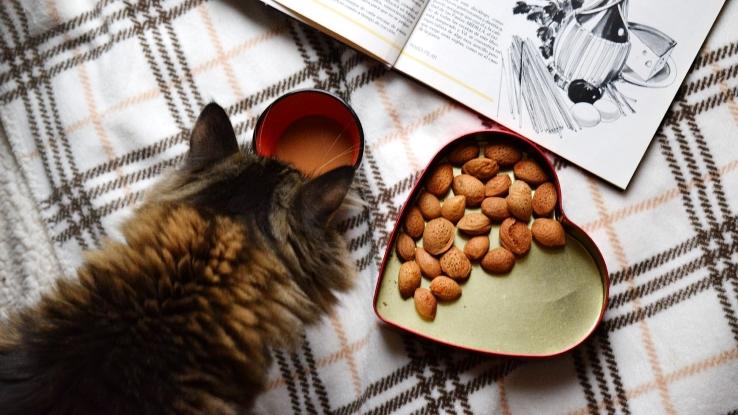
Another factor that makes nuts a no-no is the amount of salt that comes with most varieties. As previously covered, salt is a big item to avoid when it comes to our furry counterparts. To be safe, just stick to the obvious winners, like chicken, fish and broccoli.
Grapes: No
Grapes have been proven to cause catastrophic symptoms in dogs, to varying degrees. There are many cases of dogs succumbing to kidney failure after consuming only a few grapes as well as those who were only impacted by consuming a whole bag.
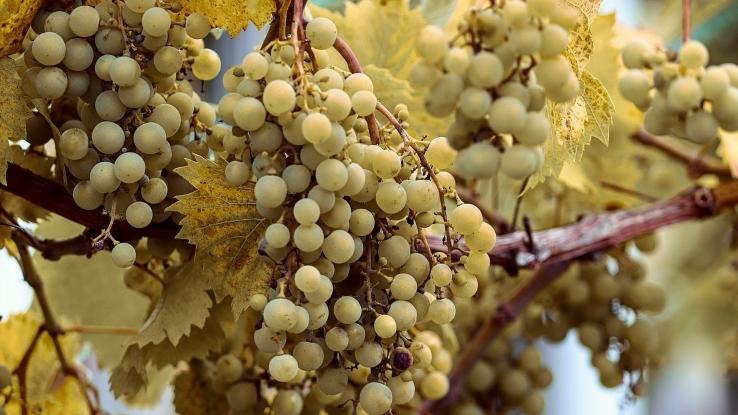
According to Dr. Werber on Catster, the truth is simple: We don't know a whole lot about how grapes affect cats. What we do know is they are very bad for dogs, so until more is known, the general consensus is to not give grapes to your pets. Fortunately, cats aren't usually interested in them, although they might take nips out of loose grapes if they get their paws on one and start playing — they roll!
Candy: No
If your kid brings home the Halloween candy and starts feeding it to the cat, you better put a stop to it quickly. Most candies won't cause immediate damage in small quantities, but it's still not a good idea for felines to ingest processed, artificial, sugary human creations.
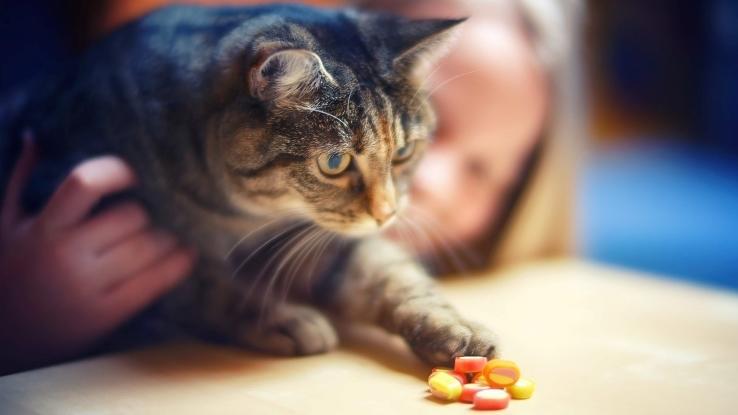
First of all, most candy is not a natural food in any way. Think about gum and fruit chews. Cats don't have the metabolism to process all that junk — humans don't even process it well — and sugar leads to obesity and other complications in the long term, just like it does in humans. It may be funny to imagine Whiskers chowing down on a bag of Skittles, but don't actually let her do it. Take that stray Skittle away from her when she bats it across the kitchen floor.
Lamb: Yes
If you're looking to pamper your pet for a special occasion, go ahead and splurge on some lamb. As born carnivores, cats tend to love different meats, and this is one of the better options when it comes to human foods. Because fish and other meats are potentially allergy-inducing, lamb is the perfect choice for your high-maintenance kitty.
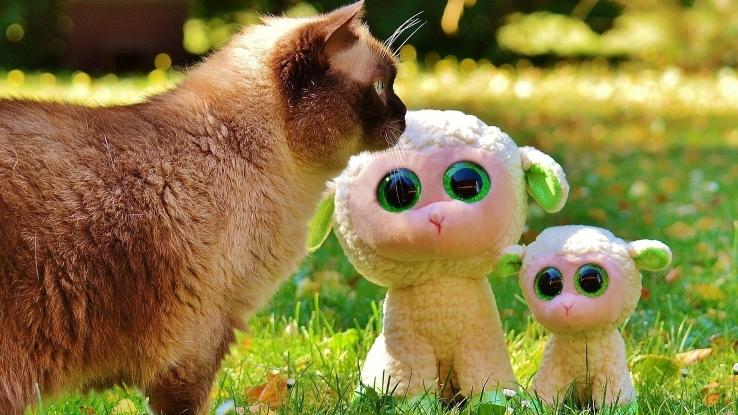
Given the amount of fat in lamb, this delicacy should only be served in small portions. If it's fresh, cooked fully and used only as a supplement to your cat's diet, there's no reason you can't slice off a corner of your (unsalted) lamb chop for Whiskers during dinner.
Cucumber: Yes
Remember those videos where owners placed cucumbers behind their cats, and when the cats turned around, they were so startled they shot 5 feet into the air? Well, it turns out cucumbers aren't only good for making viral videos with your cat. You can feed them to your kitty too.
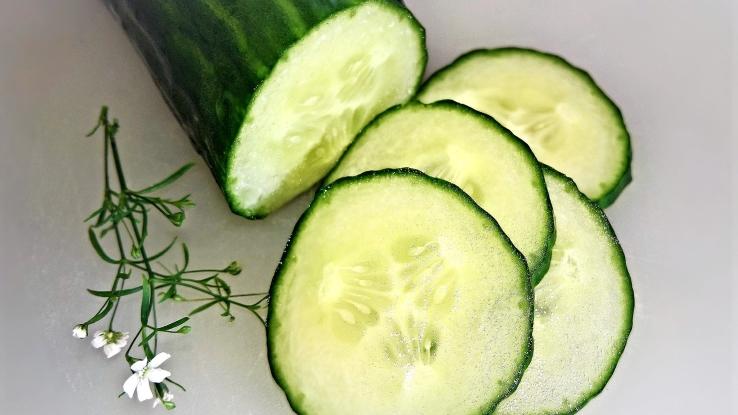
Cucumbers have good nutritional value — vitamin K, potassium, manganese — and are a good source of water, so a few slices here and there could do your cat some good. The keyword here is "few." Too many slices of this water-filled vegetable could cause your fur baby to suffer lengthy bouts of diarrhea in the litter box.
Potatoes: Yes
Who doesn't love a warm batch of mashed potatoes? Scoop a tiny spoonful for your cat because this one is safe for them to eat. If fact, they're so safe that lots of cat foods have potatoes as an ingredient. However, the potatoes absolutely must be cooked.
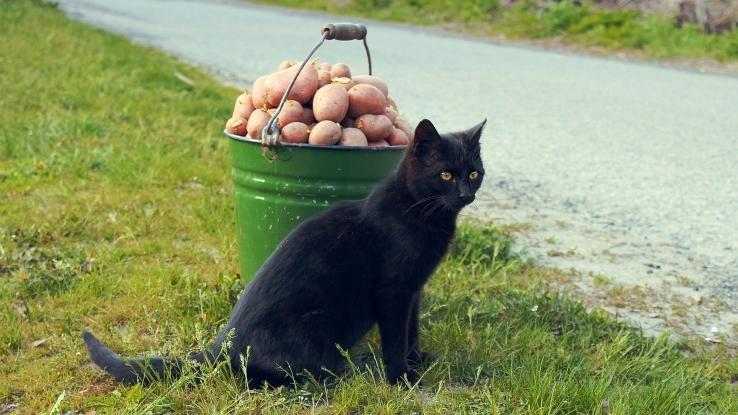
Raw potatoes have a toxic chemical called solanine, which is just as bad for humans as it is for cats. This chemical is also present in the skin of a potato, so peel those suckers well before cooking. Thinking of substituting sweet potatoes instead? Think again! The average russet variety isn't a problem for cats, but sweet potatoes can be harmful to their health.
Cheese: Not really
Here we are again with the dairy. Many cats love (love, love) cheese, so despite knowing that dairy is bad for them, you can't help but hope cheese is okay. Unfortunately, cheese is generally not a good treat for your cat. It's hard for them to digest and has insignificant nutritional value for felines.
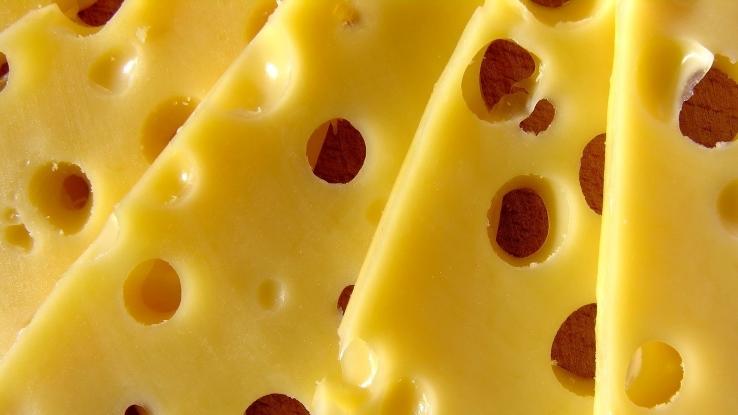
Some doctors say that an occasional piece of cheese is all right as a treat, especially if it helps your pet take medicine. Sparingly, it won't do your kitty much harm, apart from some smelly gas afterward. Just keep the cheese variety simple and hard — no soft cheeses and no excessively rich cheeses.
Bones: No
It's common practice to toss a bone to a dog, but should you ever toss one to a cat? No. Although it's true that raw bones are a good source of minerals — especially calcium — unless you're specifically treating a cat's mineral deficiency, it's safer to stay away from bones.
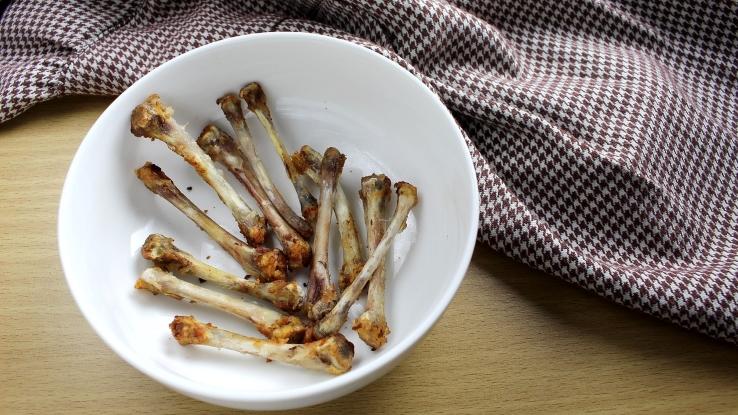
Cooked bones are even worse for felines. After cooking, most bones splinter and break very easily. This could lead to shards of bones getting stuck in the throat or damaging your cat's intestines. Save yourself some peace of mind — and save Whiskers a potential health emergency. Don't give your discarded chicken bones to your pets.
Sushi? …No
As noted previously, fish is good for your cat — cooked fish. Even though many people imagine cats as huge fish lovers — they do sit and stare at the fish tank, after all — eating a piece of raw fish is not what your cat should do. Not only can consuming raw fish lead to a thiamine deficiency, but it's a good way to give your cat parasites.
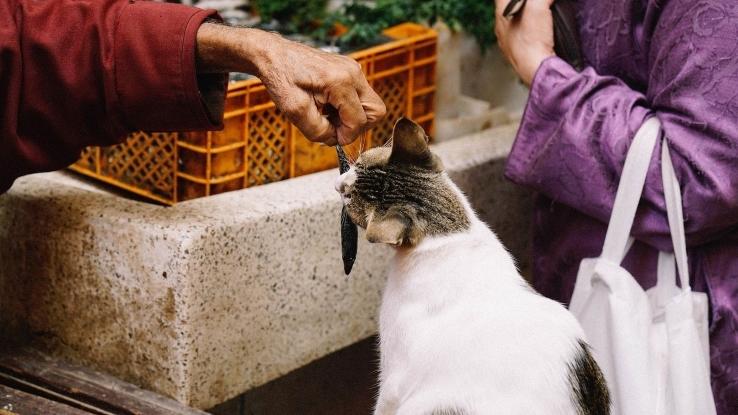
It's important not to focus on assumptions about what an animal should and shouldn't eat. The truth lies in science. Just because you've been led to believe that cats and fish go together like birds and worms, the truth is more complicated than that.
Corn: Yes
If your cat eats commercial cat food, it has probably already eaten corn. That's right, corn is a common ingredient in dry cat foods. That should tell you all you need to know, right? A few kernels of corn are perfectly fine for your pet.
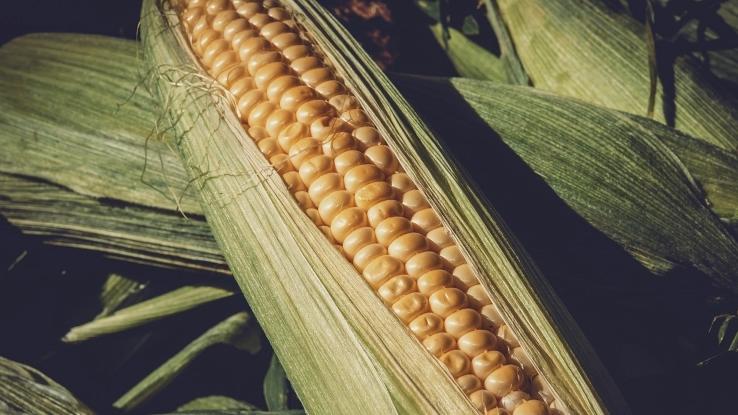
Even though corn does have some protein in it, it's mostly used as a filler ingredient in lower-quality cat food. If you're looking for a good cat snack, corn isn't really it. Sure, it won't hurt your cat, but it won't do much good, either. Your feline should preferably get protein from meat, not vegetables.
Ham: Yes
Speaking of meat, ham is a treat option for your cat. It tastes a lot better to them than corn, and their bodies are more adept at digesting and getting nutrients from it. Just make sure the ham is fully cooked with (preferably) low sodium content.
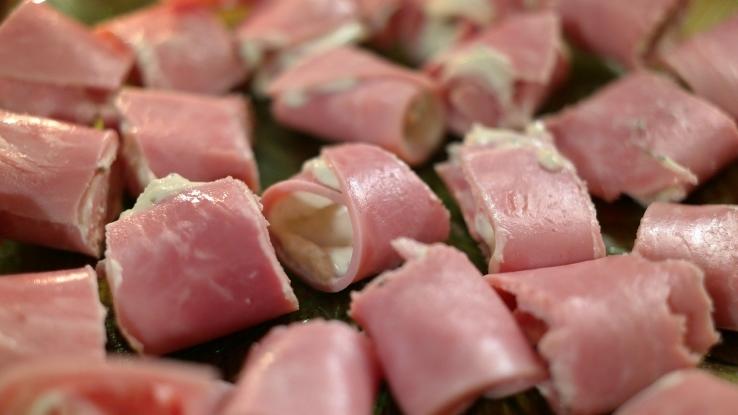
Ham is such a popular food for cats that many treats are ham-flavored or contain ham in them. It's important to note, however, that the salt content in ham can sometimes be quite high. If you don't have low sodium ham, be sure to only feed your cat very small pieces, regardless of intense begging.
Oatmeal: Yes
This may seem like a strange one on the list. You may be wondering how oatmeal could ever be a feline food possibility. For starters, it's a very healthy breakfast food for humans, and that healthiness translates to cats as well.
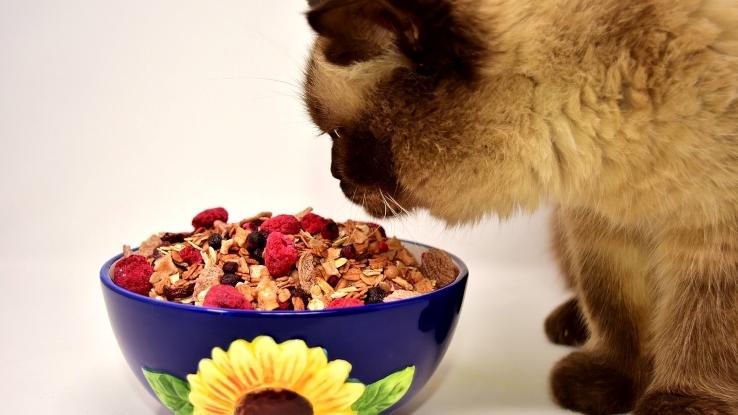
Oatmeal has iron, vitamin B-6 and calcium. Mixing it into your cat's food once in a while or giving it as a treat on some days helps keep your cat's bones and blood healthy. Just remember not to mix kitty oatmeal with milk beforehand, or your furball could end up with an upset stomach.
Baby Food: Sometimes
If you currently have an infant in your house, this one is probably exciting. Imagine making your life easier by buying or making the same food for your baby and your cat. The truth is baby food is possibly safe for your cat to eat, but there are a lot of rules that go along with it.
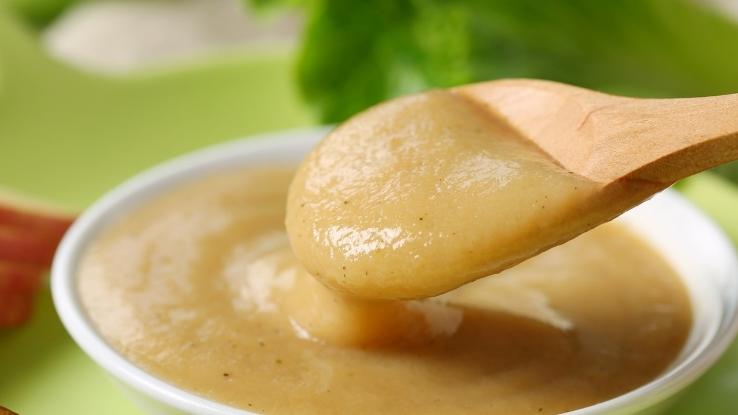
Cats should eat baby food if they're sick, elderly, taking medication (that needs to be disguised) or have difficulty chewing. They should also only eat meat-based baby foods, as fruits and vegetables generally use added sugars and oils that could be bad for Whiskers. To look at some recommended brands, check out Wilderness Cat.
Cake: No
If you're planning on making your cat a cake for its birthday, you better make it a meat cake. By now, you should know that cake isn't good for your feline friend, thanks to common ingredients like sugar and milk. Plus, the sweetness you probably love so dearly is completely lost on them.
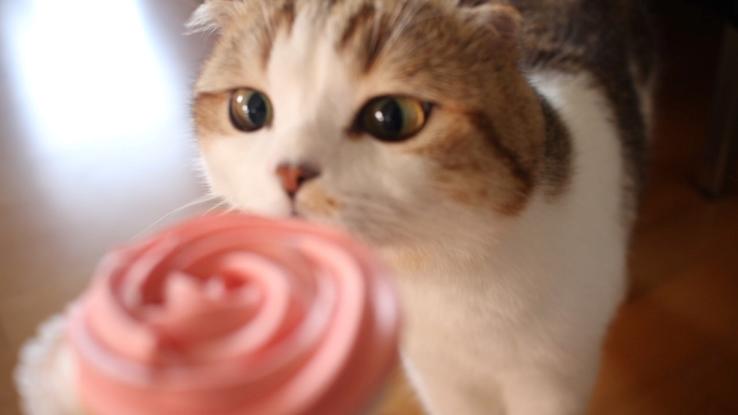
Try using one of the other safe "human foods" on this list to celebrate Whisker's big day. There are plenty of options your cat will enjoy much more than frosting. As much as you might see your cat as an additional child, you can't really feed them like one.
Ice Cream: Nope
The sugar and milk in ice cream can lead to diarrhea and digestive problems. Ice cream is cold and soft, so how could cats resist? Cats may like ice cream, but they don't have the appropriate system to digest the lactose in milk.
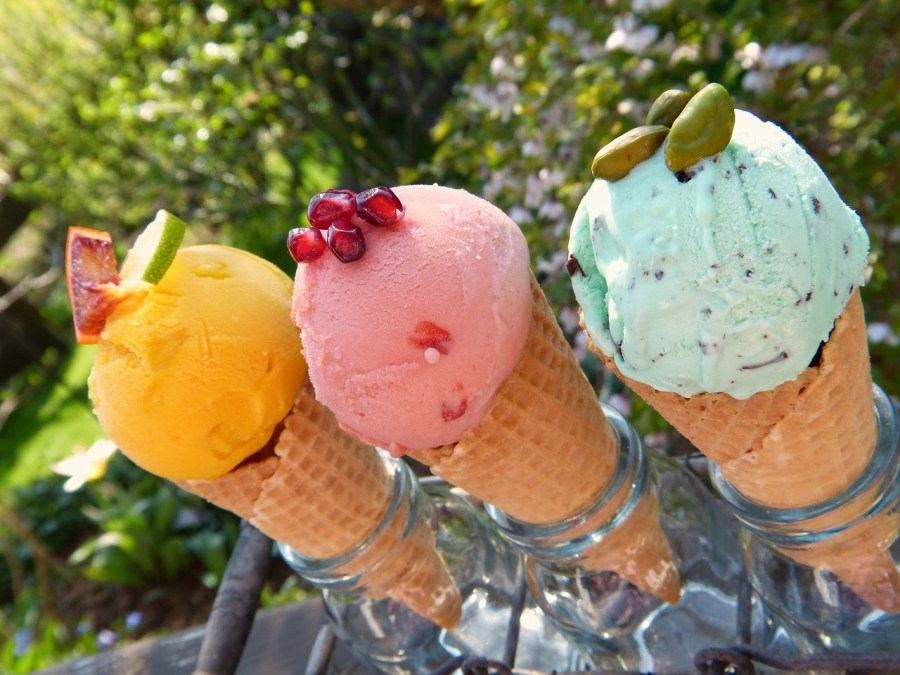
Ice cream as a rare treat is okay, but it may be harmful as a daily meal. Some symptoms include vomiting, fever, loss of appetite and lethargy. Cats can also experience painful brain freezes. Ouch! In other words, it's best to avoid feeding your cat ice cream.
Cereal: No
Most people eat cereal for breakfast. Preparing cereal is very quick and easy, especially if you're in a hurry in the morning. But what if your cat gets its paws on your cereal? If your cat does munch on some cereal, there's no need to worry.
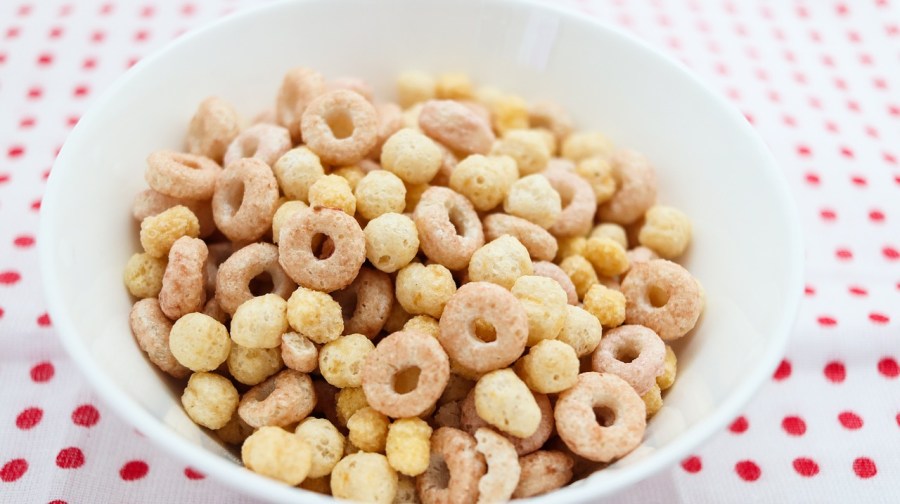
Cereal isn't poisonous to cats, but that doesn't mean you should share your breakfast cereal with your feline friend. Many experts don't recommend feeding cats cereal because most cereals are full of sugar. Cats can't digest sugar, so if they keep eating sweets, they'll just grow larger and get diabetes.
Apples: Not Really
Apples are sweet, delicious and healthy for humans. For cats, it's a different story. The apple's flesh is safe for cats to consume in moderation. However, the seeds are poisonous and can cause health problems for cats. The stems and leaves are also unsafe.
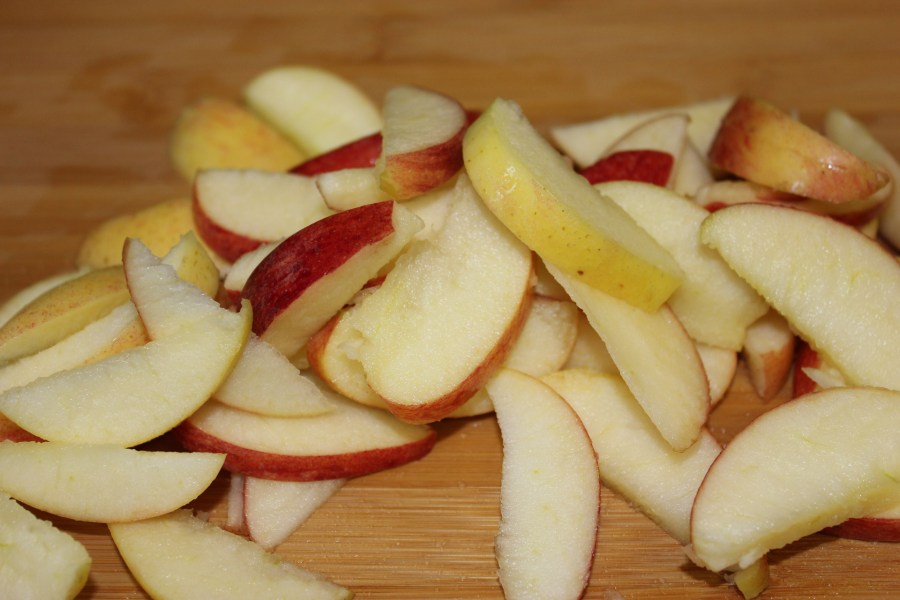
ASPCA classifies apples as toxic to cats due to the dangerous pieces. Some owners may wonder if applesauce is a better alternative to avoid the risk of feeding their cats seeds. The answer is no. Applesauce contains artificial preservatives and chemicals, which may harm cats.
Rice: Not Recommended Except…
Before feeding your cat rice, it's best to ask your veterinarian first. Although many cats can eat cooked rice, it must be prepared properly. Some vets suggest feeding cats rice to ease their digestion problems. But it's not recommended to feed them rice often.
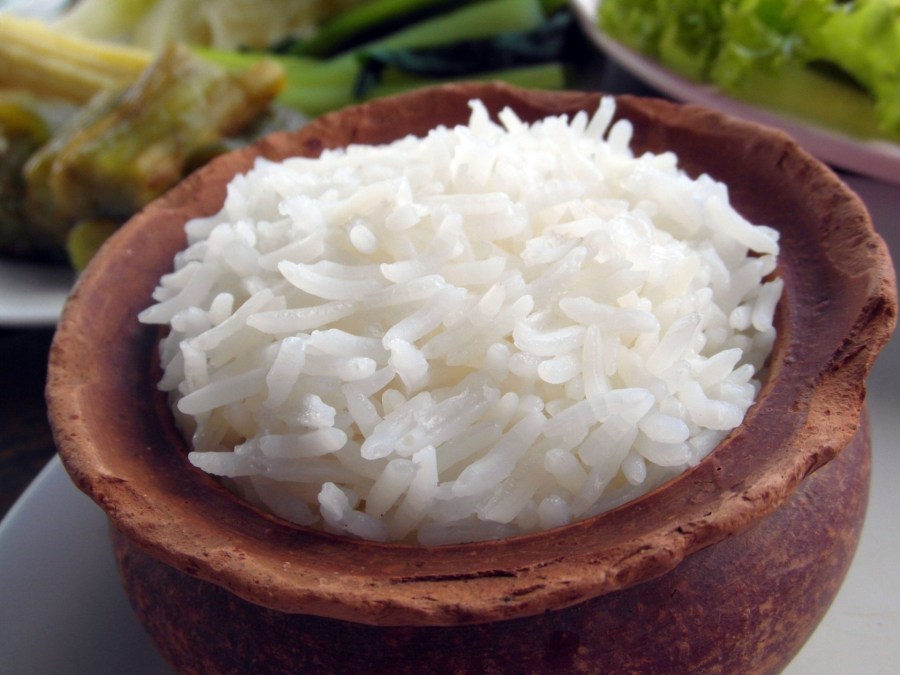
A cat's natural diet doesn't include rice. As a result, owners must be careful when giving cats rice. Cats can eat cooked brown and white rice, but it should be moist and soft. Make sure the rice doesn't contain garlic, salt or any additives. The rice must only make up 25% of the meal and get mixed in regular cat food.
Avocado: Yes…in Moderation
Millennials aren't the only ones who get to enjoy avocados. In fact, the U.S. imported $2.6 billion worth of avocados from Mexico. It's not hard to see why people love the fruit. Avocados are tasty and full of beneficial vitamins and minerals.
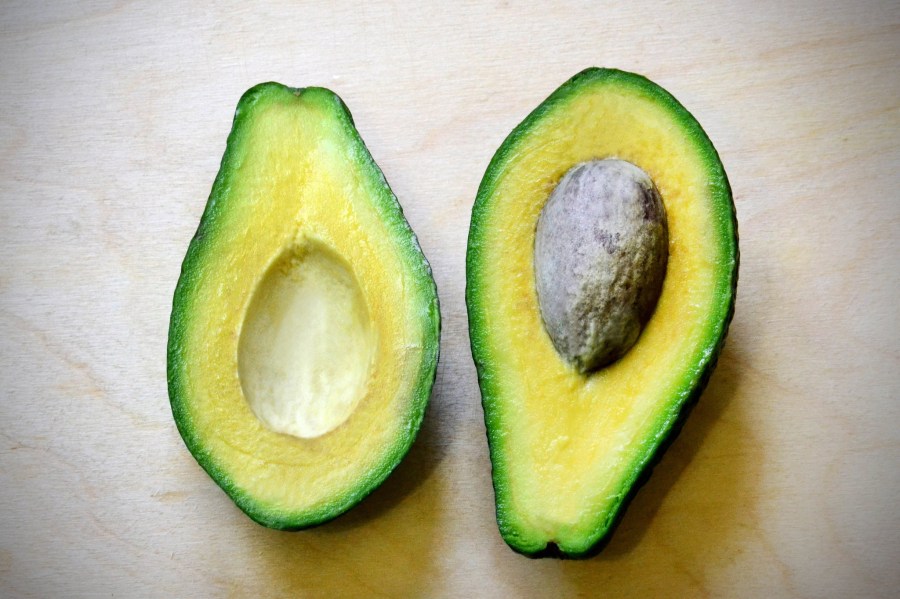
Even better, both humans and cats benefit from avocados. An avocado's flesh can enhance the health of a cat's skin and hair. However, it's best to only feed avocados to cats in moderation. Also, don't let them eat the skin or pit because those parts can cause stomach problems.
Source: https://www.reference.com/pets-animals/human-foods-cat?utm_content=params%3Ao%3D740005%26ad%3DdirN%26qo%3DserpIndex
0 Response to "Causes of Beef Food Posioning in Humans"
Post a Comment